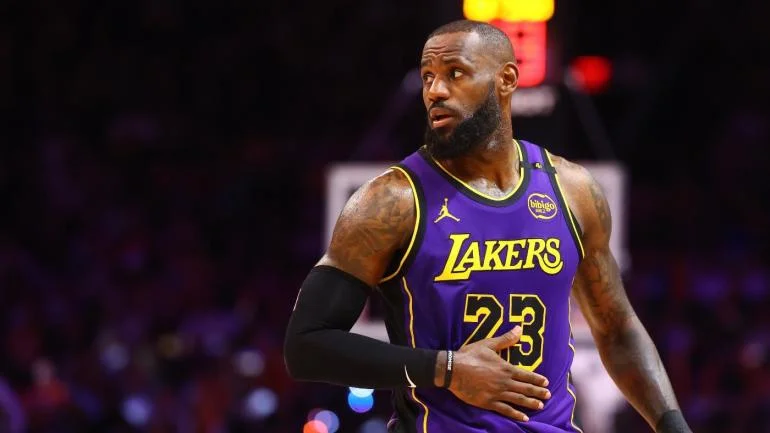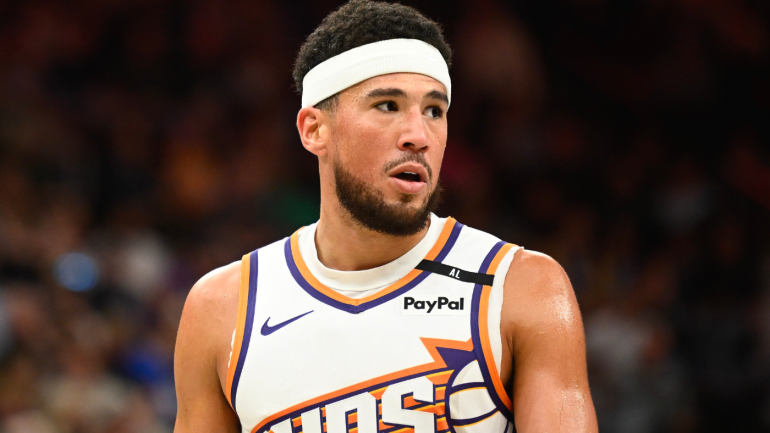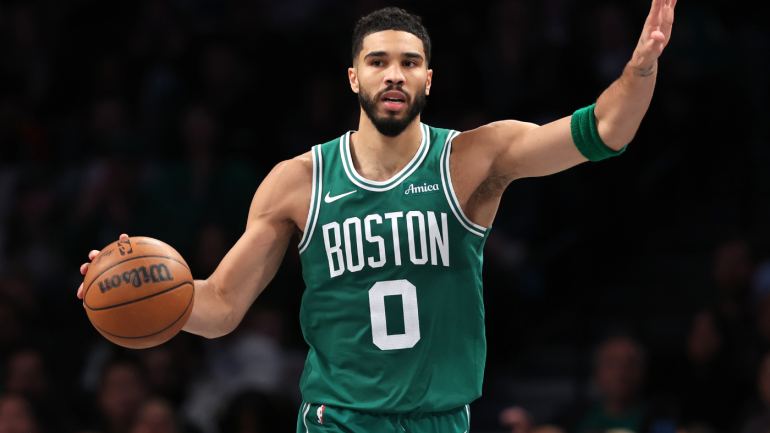Why Lonzo Ball is the perfect example of the benefits of college basketball
Looking at Lonzo Ball’s season at UCLA.
In high school, Lonzo Ball was a valued recruit/prospect, somewhere in the top 5 of his class. However, you’d have to be a real hardcore basketball fan to know much about high school stars like Lonzo Ball. Unless you’re talking about a generational talent like LeBron James, high school basketball stars aren’t on the radar for the mass audiences.
By going to a famous program at UCLA and playing on the big stage in March Madness (be it well or poorly), Lonzo Ball severely increased his national profile. Thanks to his stellar play (and obviously, thanks to his father’s antics), he became a household name. Suddenly, Lonzo Ball had star power even before he’d even turned 20 years old.
As a result, his draft became more exciting, and Lakers fans could become more excited about him landing there. That would never have happened if he had jumped straight from high school. Raising a player’s profile prior to their rookie year is probably a good thing for the business of basketball, both for the NBA and obviously for the NCAA.
Why Lonzo Ball is the perfect example of the flaws in college basketball
So far, Lonzo Ball has flashed talent, but also demonstrated some flaws in his game. It’d be easy to say, “Hey if he had been forced to stay at UCLA for an extra year (like some people are pushing for), he’d have the chance to iron out those kinks and become a better prospect.”
But the truth is actually the opposite.
Some of the problems that Lonzo Ball are having right now — primarily, his funky shot, and his questionable ball handling — have been masked by the inferior competition in the amateur ranks. Ball didn’t need to improve on that because he could thrive despite that. He rarely faced an NBA-caliber talent, and when he did (like De’Aaron Fox), he’d sometimes struggle with the task.
Sure, Lonzo Ball would be slightly more polished if he had stayed at UCLA, but that learning curve would have still been delayed because he wouldn’t need to hone his skills to dominate. If Lonzo Ball had been a professional, on the other hand, he’d be forced to tighten up his shot and his dribble earlier and thus would have improved at a faster pace.
What’s more dangerous is that some habits — like shooting form — become difficult to change over time once they’re locked into your muscle memory. Truthfully, if you’re solely interested in developing the best basketball player at the expense of everything else (which we’re not), someone like Lonzo Ball would be best suited to become a professional at 14-15 years old (if not earlier) and train 24-7 on his basketball skills. Obviously, I’m not advocating for creating an army of basketball playing robots, but I’m just stating the truth there.
Personally, I’d advocate for kids being able to declare after high school, but that’s more about freedom and fairness than about basketball. There are pros and cons to the “one and done” rule, just like there are pros and cons to the possible two-year rule, or to the nature of college basketball in general.




